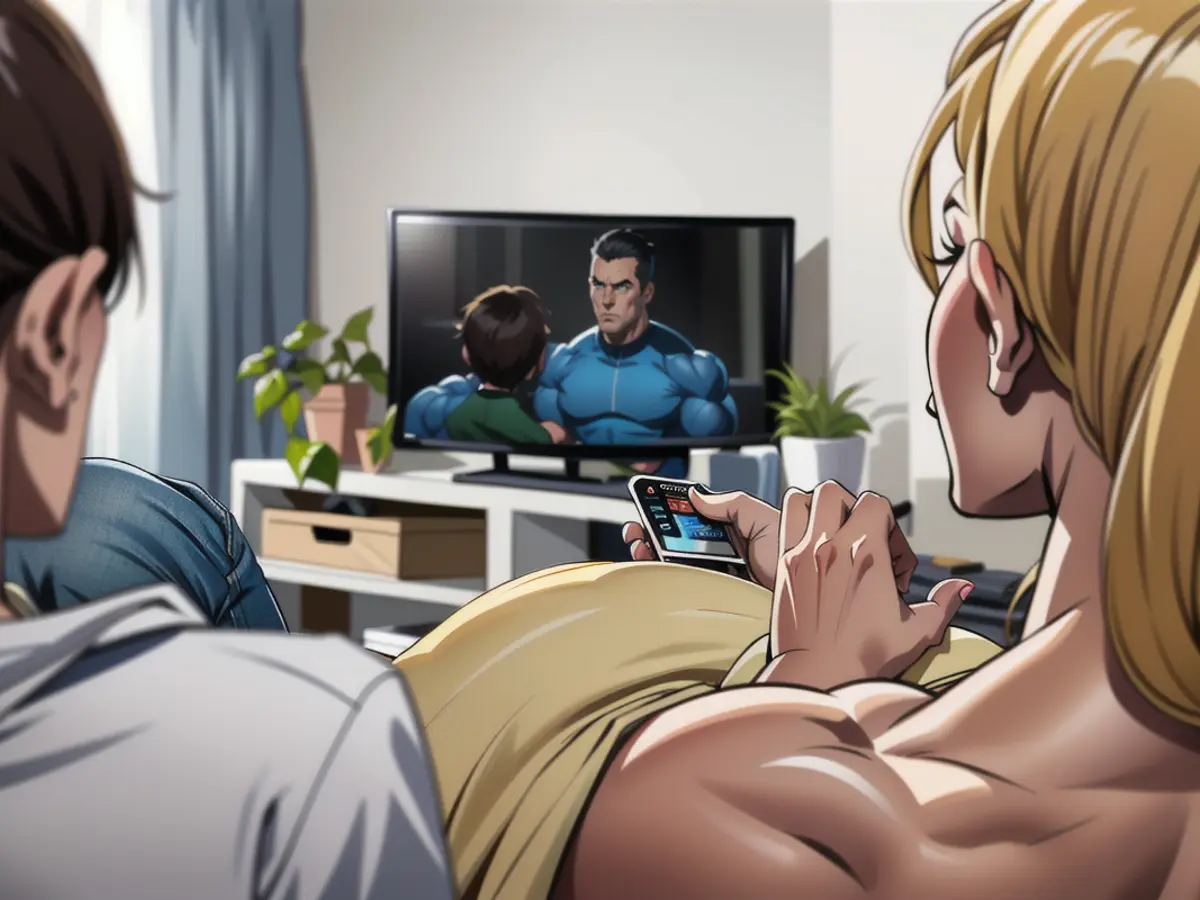Unforeseen expenses connected to a particular activity or project. - Cable TV customers face changes as ancillary cost privilege is eliminated.
If you reside in a multi-family dwelling, you typically get cable TV via a house connection. The expenses for this have been shared by landlords and landladies to their tenants as additional expenses, even if you don't watch TV. This is in accordance with Paragraph 2 No. 15 of the Rental Costs Ordinance (BetrKV). The property management then passes on the money for the connection to the cable network operator. This added expense beyond the rental cost is known as the cost-sharing privilege.
This law will no longer be valid after June 30, 2024. This repeal is part of the Telecommunications Modernization Act (TKMoG), which took effect on December 1, 2021. There is currently a transitional period.
For tenants who don't use a TV, their rental cost statement will be somewhat more beneficial starting July 1, 2024. They should look over their invoice for 2024 to ensure this adjustment has been made. This legal change is favorable for them as they will no longer have to pay twice - if they don't use the cable connection, for instance, but watch TV through the internet. They will also be able to pick their provider and the conditions of their television deal in the future.
For numerous Vonovia tenants, there's a unique rule: Vodafone, which is particularly impacted by this change, declared at the end of May an agreement with the property management company: From July onwards, 120,000 additional rental units of Vonovia are eligible to be connected to the Vodafone cable fiber network. Vonovia notifies the affected tenants that they can sign a direct contract with Vodafone at the time of the switch if they want cable TV.
Higher costs after the end of the cost-sharing privilege?
Network operators are giving warnings about heightened costs that could result from the termination of the cost-sharing privilege. However, the Consumer Center states that the extra costs of individual agreements will stay within reasonable limits. In general, these individual contracts cost around 8 to 10 euros per month. This is a boost of up to 3 euros per month. In the long term, rates are probably going to decrease due to increased competition between providers.
Tenants should be careful of so-called "media consultants" who lie in wait at the door, claiming that the link will be disconnected and the screen will stay dark. These individuals shouldn't be permitted into your apartment, as these "inspections" are often used as a ruse to push for new contracts.
Landlords must also remember the deadline of June 30, 2024. The homeowners' association has a special right of preemption against its cable provider. If they don't use this, the contract for the house connection will still be in effect and must continue to be paid by the landlords. So if the homeowners' association doesn't act, tenants might soon be able to watch television at the expense of the landlords. Because changing providers will no longer be possible.
Under the cost-sharing privilege, collective fees for internet and phone connections are also included. However, they play little to no part in the landlord-tenant relationship, as they have become very uncommon.
Read also:
- Due to the elimination of the cost-sharing privilege, Vonovia tenants may need to consider the additional cost of a direct contract with Vodafone for cable TV service, especially since network operators have warned of potential heightened costs post-June 2024.
- In light of the upcoming changes, tenants who don't use cable TV should review their rental cost statements starting July 2024 to ensure they're no longer being charged for an ancillary expense they don't utilize.
- As incidental costs for cable TV services might increase following June 2024 due to the elimination of the privilege, tenants should be cautious of "media consultants" attempting to take advantage of the situation by pushing for new contracts, which tenants should decline and report to authorities.








